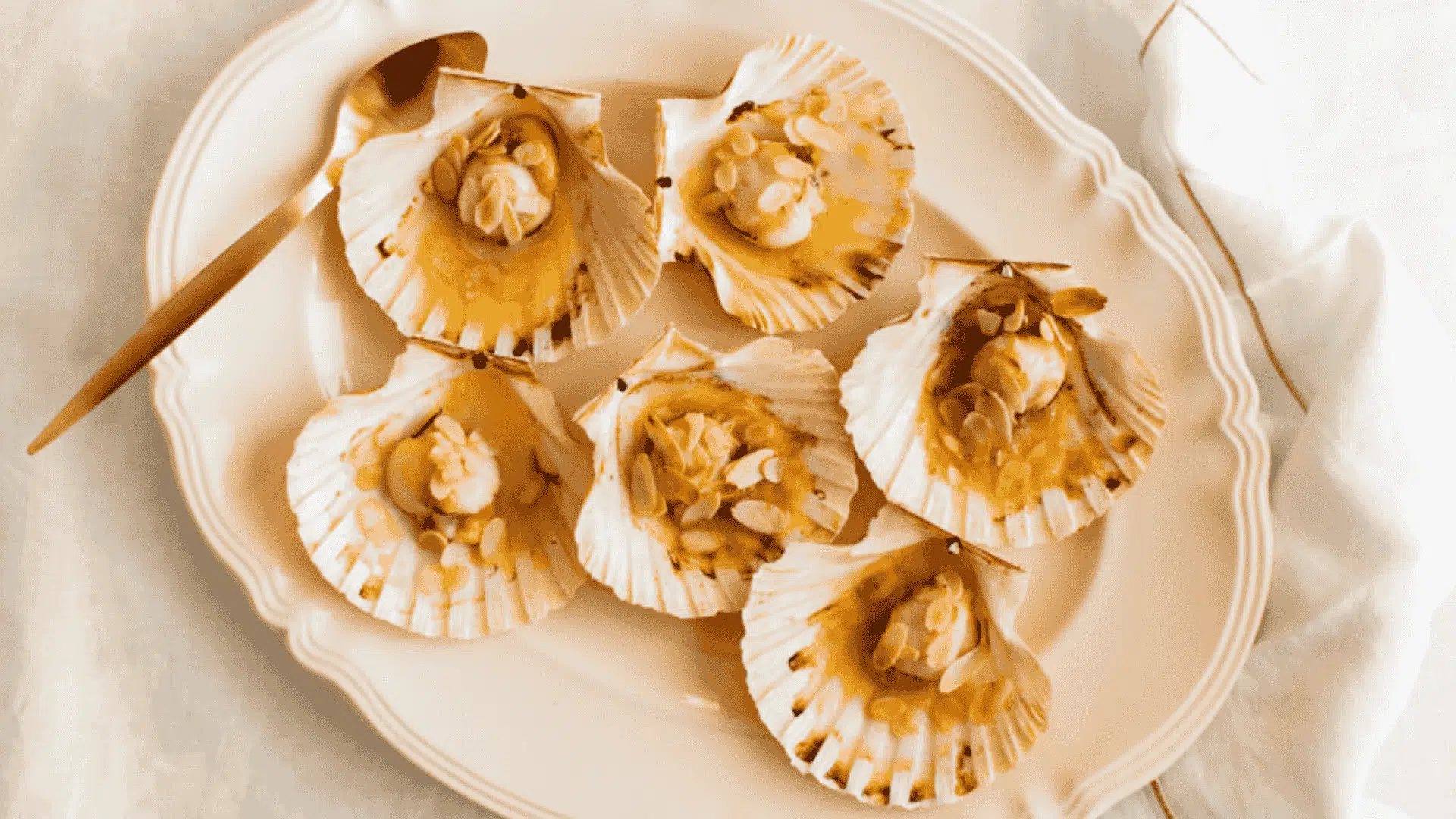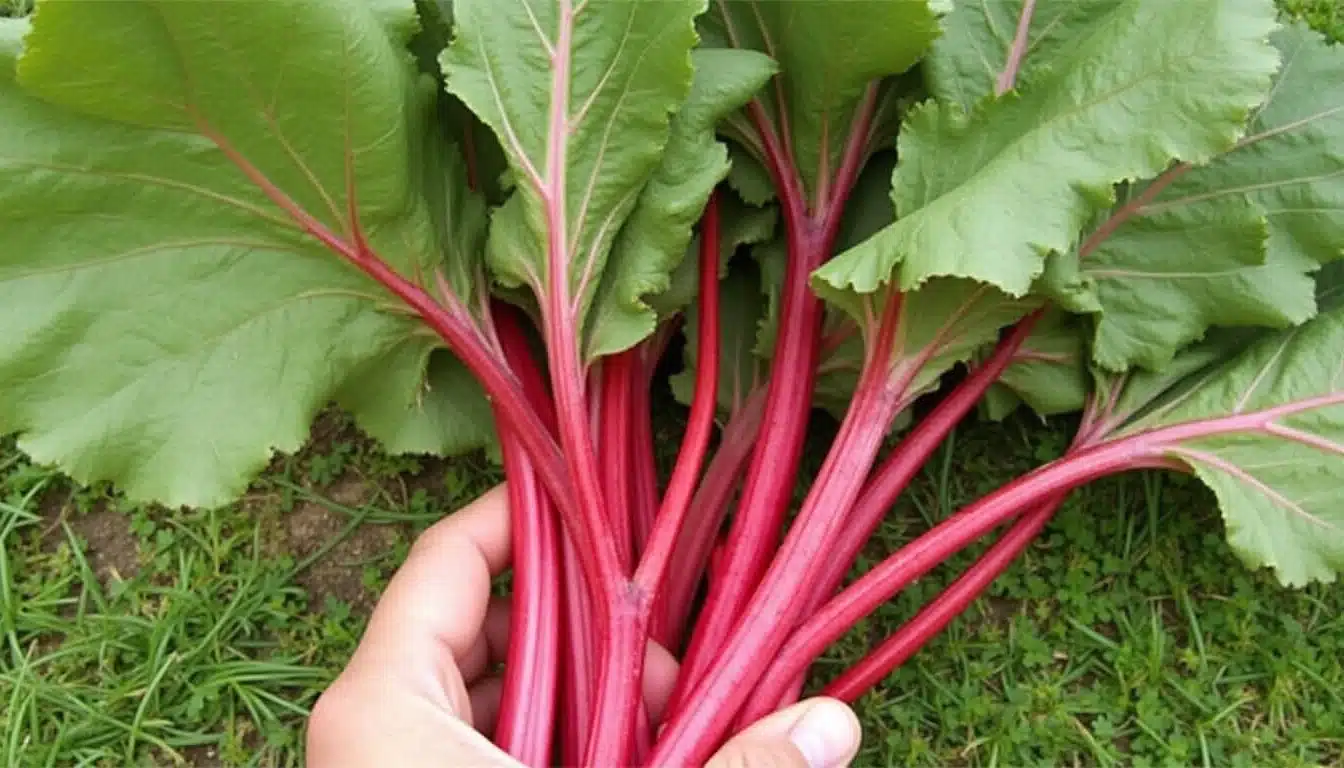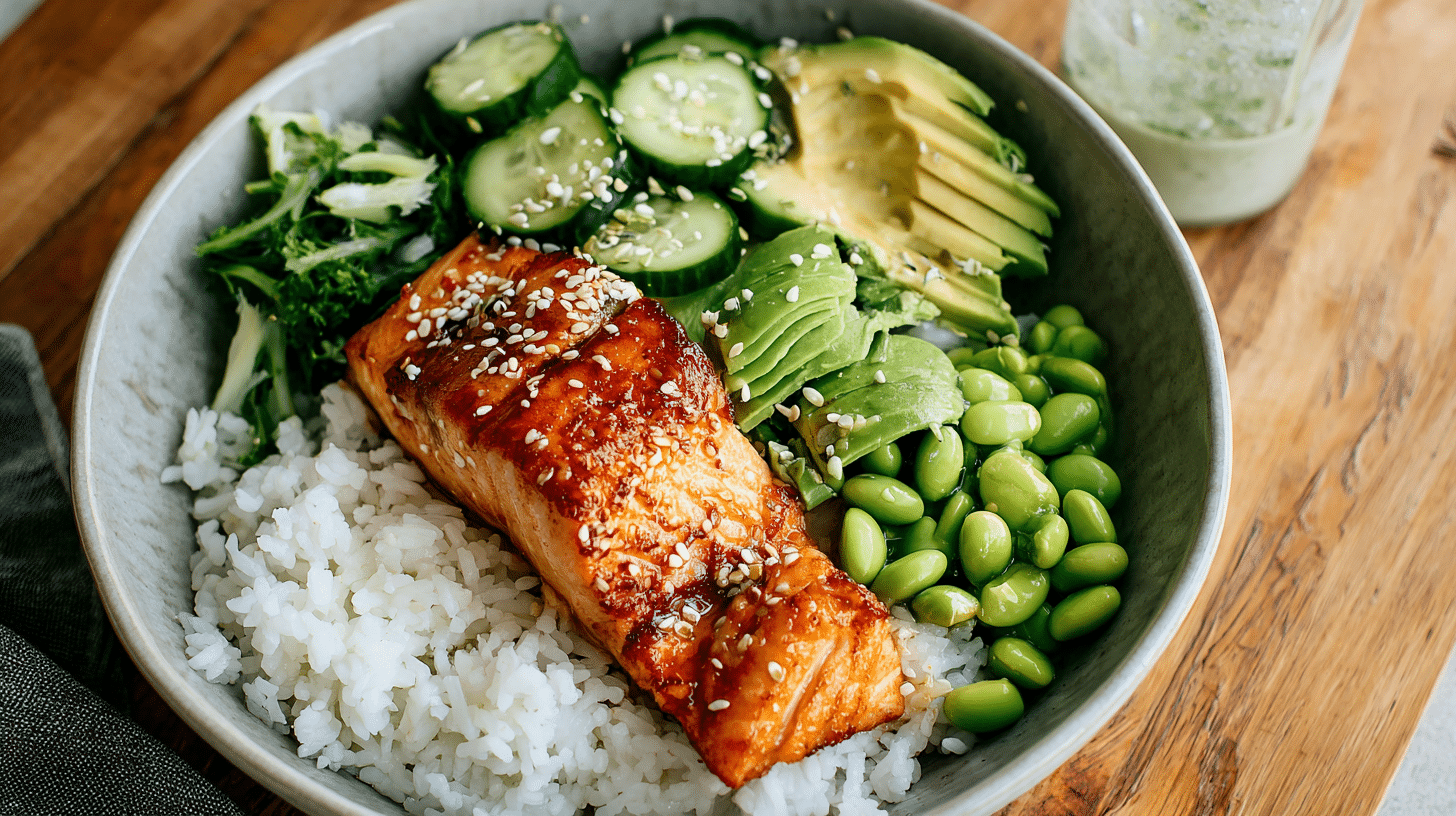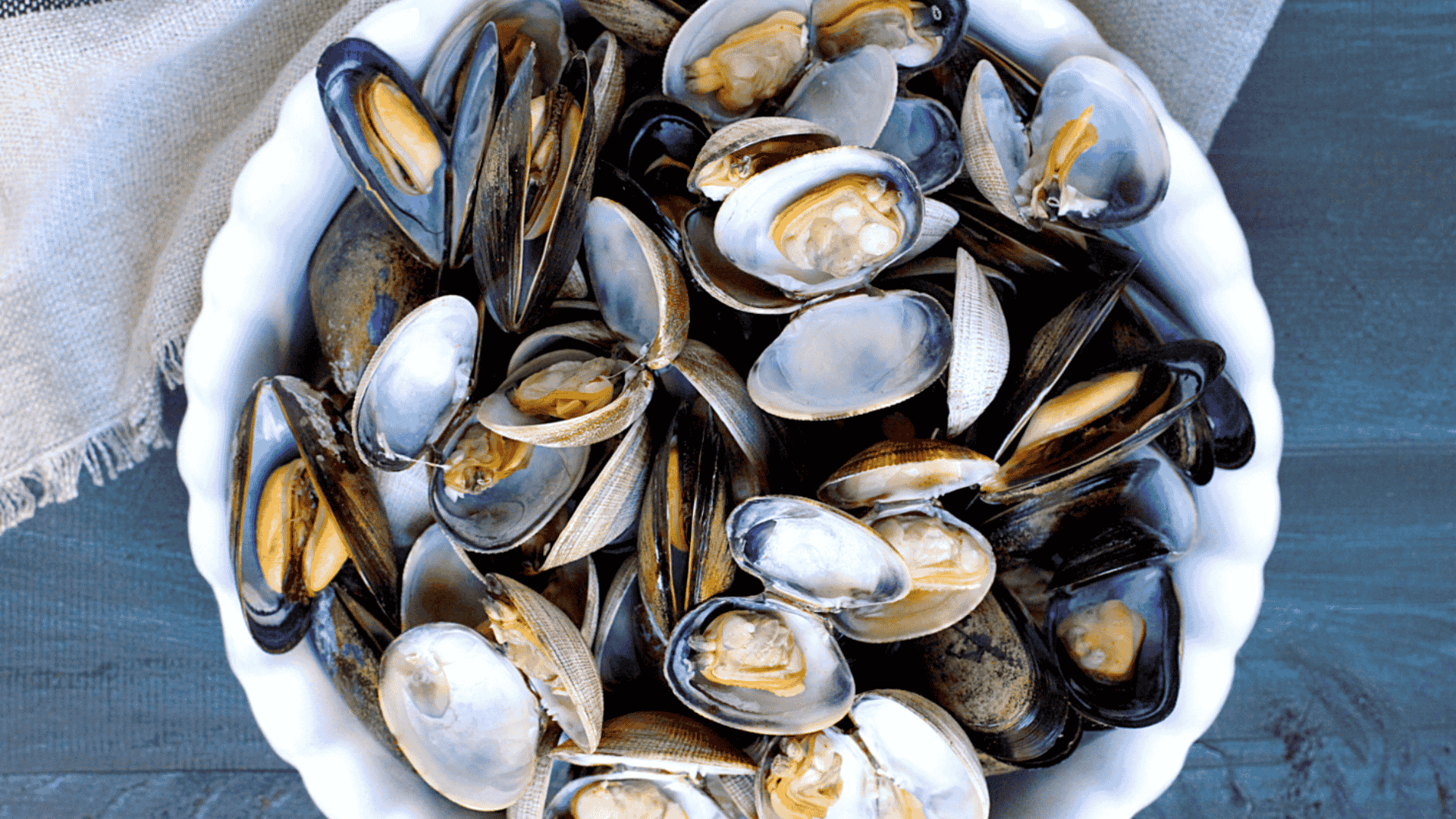Salmon is a favorite among seafood lovers for a reason. It’s not just delicious, but also packed with nutrients like Omega-3 fatty acids, high-quality protein, and essential vitamins.
These health benefits make it a great choice for anyone looking to eat a balanced, healthy diet.
However, to truly enjoy salmon’s full flavor and nutritional value, it’s essential to store it properly. Knowing how long salmon can stay in the freezer will help ensure it stays fresh, tasty, and safe to eat.
Let’s go through the blog to know how long salmon stays in the freezer.
Why Salmon is a Favorite Among Seafood Lovers?
Several reasons explain salmon’s popularity beyond its nutritional value.
- First, salmon’s versatility is incredible, like Christian Bale, it fits every style. You can grill it for smoky flavor, bake it for simplicity, smoke it for richness, or poach it for tenderness. Each method brings out different characteristics, making it perfect for any occasion or craving.
- Salmon is also a global superstar, appearing in cuisines worldwide. From Japanese sushi to Scandinavian gravlax, it adapts beautifully to different flavor profiles and cooking traditions.
- What really sets salmon apart is its delicate yet rich flavor paired with that signature buttery texture that works with any seasoning or cooking method.
How Long Can Salmon Stay in The Freezer?
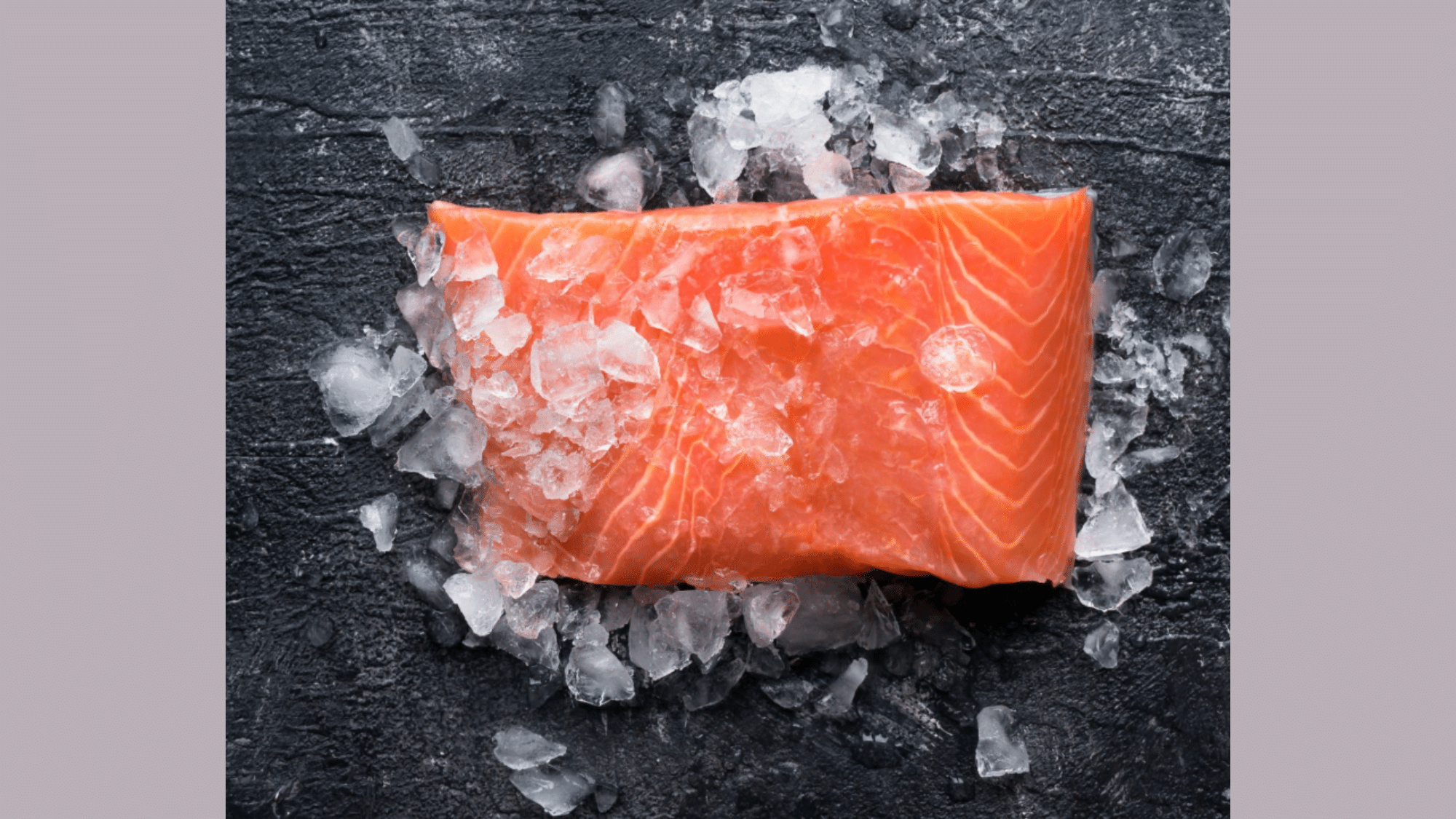
Now, coming to the main question, how long can Salmon stay in the freezer before it loses quality?
For optimal quality, salmon can be stored in the freezer for up to 6 months. However, the duration also depends on the type of Salmon you are dealing with. For instance,
- Raw Salmon: Best quality for 2-3 months, acceptable up to 4-6 months, but quality drops after month three.
- Smoked Salmon: Retains flavor and texture for 2-3 months; consume sooner for the best smoky taste.
- Cooked Salmon: Safe for 2-3 months, though freezing may affect texture.
- Canned Salmon: Long shelf life of 1-2 years when stored in a cool, dry place. Check for spoilage signs before use.
For the best results, salmon should be vacuum-sealed or tightly wrapped in plastic and foil. How the salmon is stored will significantly impact its longevity and taste.
How to Refrigerate Fresh vs. Cooked Salmon?
Fresh, uncooked salmon should be stored in the fridge and consumed within 1-2 days. It’s best to wrap it in plastic and keep it on the bottom shelf of the refrigerator to maintain freshness.
Cooked salmon can last in the fridge for 3-4 days. Make sure it’s stored in an airtight container to prevent contamination and drying out.
Always keep salmon away from strong-smelling foods to prevent odor transfer, and ensure your refrigerator is set below 40°F (4°C) for safe storage.
Check if Your Salmon is Spoiled
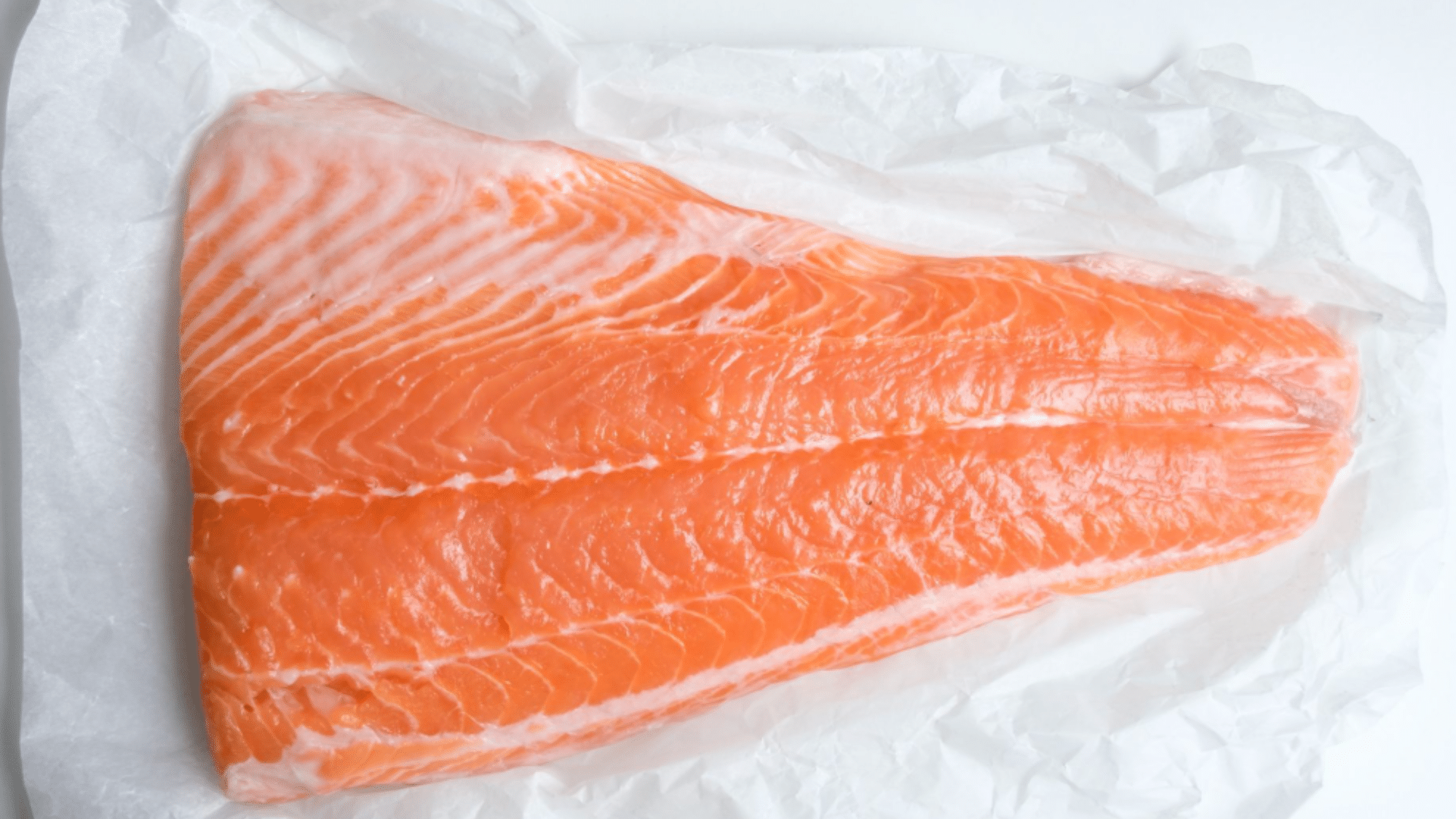
Sometimes salmon spoils and isn’t fit for consumption anymore. You need to know how to check if your salmon is safe, because nobody wants food poisoning from bad fish.
Watch for these red flags:
- Strong, Sour Odor or Slimy Texture – Clear signs the salmon has gone bad
- Grayish, Brown, or Dull Coloring – Fresh salmon should be vibrant
- Slimy or Tacky Feel – Indicates bacterial growth
- Dry, Overly Firm, or Mushy Texture – Should be moist and tender
- Any Mold Growth – Definitely not safe to eat
Trust your senses; when in doubt, discard them. Better safe than sorry with seafood.
Tips and Best Practices to Maintain the Freshness of Your Catch
Here are some of the tips you should know to keep that salmon of yours as fresh as possible for a longer duration
- Use airtight packaging or vacuum sealing to prevent freezer burn and maintain flavor.
- Keep your freezer at 0°F (-18°C) or lower to ensure the salmon stays safe and fresh.
- Label your salmon packages with dates to easily track when it was frozen.
- Avoid refreezing thawed salmon to preserve texture and flavor.
These simple steps might seem basic, but they’re game-changers for salmon quality. A little extra effort up front saves you from the disappointment of freezer-burned fish later.
To Conclude It
You can’t stress enough how proper salmon storage makes all the difference between amazing fish and disappointing mush.
Follow the tips we have shared, and your frozen salmon will taste nearly as good as the day you bought it.
The secret? It’s all in the details, like proper wrapping, consistent temperatures, and smart timing.
Trust us, you will never regret it in the end!



